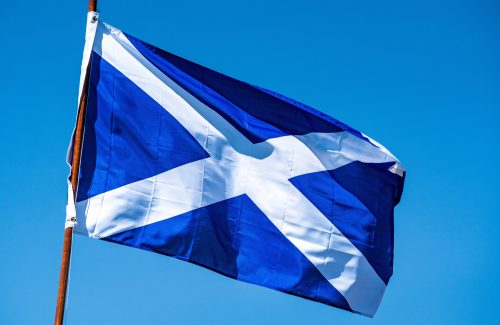7th July 2023
PRESS RELEASE
For immediate release 7th July 2023
Scottish Government proposal to decriminalise drugs wins support
The Scottish Government has announced a set of ground-breaking and pragmatic measures to reduce drug deaths, health harms, and drug-related crime in a new report ‘A Caring, Compassionate and Human Rights Informed Drug Policy for Scotland’. The proposals will be implemented if allowed by Westminster. The proposals have won support from leading drug charities [see statement] and bereaved families from the Anyone’s Child campaign.
The report proposes a shift from the current criminal justice model, to a public health-based approach, including:
Removing criminal penalties for the possession of all drugs for personal use (‘decriminalisation’), based on approaches successfully implemented in many other countries, such as Portugal
Immediate changes to legislation, making it easier to deliver measures proven to reduce drug harms including: Overdose Prevention Centres (aka Supervised Drug Consumption Facilities); drug safety checking; and provision of drug paraphernalia
A roadmap to explore potential models for legal regulation of a range of drugs, establishing a Citizens’ Assembly (as is happening in Ireland), informed by expert assessments and evidence
Alex Feis-Bryce, CEO of Transform Drug Policy Foundation says:
“This demonstrates commendable political leadership from the Scottish Government on this crucial issue. Rather than pandering to “tough” populist narratives, this UK Government and The Labour Party must support Scotland in delivering these proposals, and take note that this is the best way to end the drugs crisis in the rest of the UK as well.”
Anne-Marie Cockburn, member of Anyone’s Child originally from Ayrshire, whose teenage daughter died of an accidental ecstasy overdose says:
"If these proposals are implemented, then history will be made and commonsense prevail. It is too late for my daughter Martha, but many other lives will be saved and the young and vulnerable will be better protected. Also, we could rest easier knowing our communities no longer live under the dark shadow that banning, rather than legally regulating drugs has cast over them, and families like mine."
Katrina Robertson, member of Anyone’s Child whose brother was murdered says:
“It upsets me to see drug deaths at record levels year after year. Behind each number is a real person, who once had hopes and dreams – as did my brother Alan. It’s been 15 years since his death but this report gives me hope for the first time, because what it is proposing would break the cycle of deaths and misery by making drugs a health matter, not a criminal issue. And legalising and regulating drugs would take the market out of organised criminal hands, reducing the violence, making our streets safer for everyone and, hopefully, prevent more families from experiencing the heartbreak of losing a loved one.”
ENDS
Contacts:
Kate Elliott, Digital Communications Manager, Transform Drug Policy Foundation kate@transformdrugs.org, 0117 442 0880 ext. 2
Notes:
Transform Drug Policy Foundation is an independent charity working towards a just and effective system of legal regulation for all drugs.
Anyone’s Child: Families for Safer Drug Control is a campaign by Transform Drug Policy Foundation working with families who have lost loved ones, and now support legalising and regulating drugs, in the UK and worldwide.
Drug Decriminalisation in Portugal: Setting the record straight
Glossary:
‘Decriminalisation’ refers to the removal of criminal penalties for certain activities related to drug use — usually possession of small amounts of drugs for personal use, but sometimes minor supply or cultivation offences. In some legal systems criminal penalties are replaced by civil sanctions (such as small fines), while in other systems no penalties are applied. It is sometimes confused with legalisation, which is a distinct concept allowing for legal supply of formerly prohibited drugs.
‘Legalisation’ is the process of ending or repealing the prohibition of a drug. The term refers to the process of legal reform, rather than the specific policies that may come after. Legalisation, therefore, means the step between prohibition and legal regulation.
‘Legal regulation’ is the establishment of formal controls over the production, supply and availability of drugs. This will generally include licensing regimes, systems of taxation, marketing regulations, health and safety requirements, quality control standards and so forth. Setting out practical models for the effective legal regulation of drugs is core to Transform’s work.




